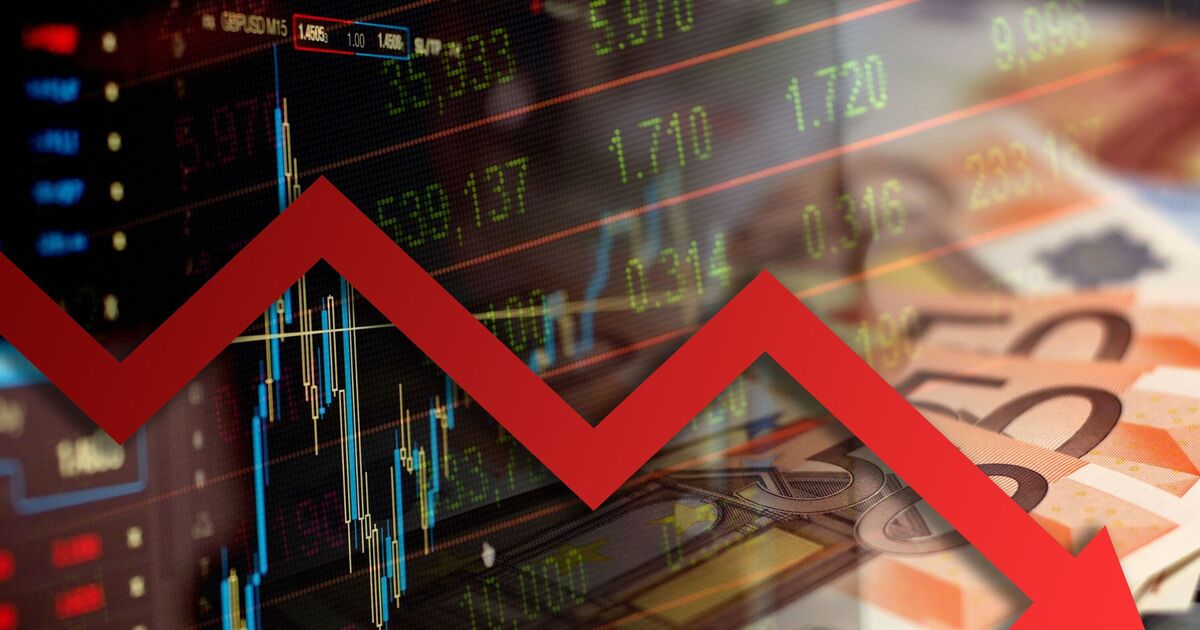
European markets tumbled to a three-month low as escalating Ukraine-Russia tensions rattled investors. However, the market rebounded on Wednesday, following news of a potential shift in the geopolitical landscape.
Reuters reported that Russian President Vladimir Putin was open to discussing a ceasefire deal with US President-elect Donald Trump. The deal would require Ukraine to abandon its plans to join NATO and rule out major territorial concessions, easing some of the market’s earlier concerns.
The selloff on Tuesday was sparked by Ukraine‘s unprecedented strike on a Russian military base using US-made long-range missiles, with Russia‘s warning of lowering the threshold for nuclear weapon use adding to market unease.
The Euro-Pan Stoxx 600 index dropped 1% early in the session, while major indices like Germany’s DAX and France’s CAC 40 fell by 0.67%. The conflict also triggered a sharp rise in energy prices.
Oil surged by 3%, while natural gas futures climbed nearly 4%, reaching their highest levels in a year. Investors have also been turning to safe-haven assets, with gold futures on COMEX spiking by 0.63% on Tuesday.
Following Wednesday’s developments, the Euro-Pan Stoxx 600 index had risen 0.5% by 9.20am GMT.
The main stock exchanges in Germany (.GDAXI), France (.FCHI), and Spain (.IBEX) also gained between 0.4% and 0.9%.
However, Danni Hewson, head of financial analysis, AJBell told Reuters: “Despite (Tuesday’s) knee-jerk reaction to Russia–Ukraine concerns, I don’t think any investor is going to just put that off to one side because the world order is shifting somewhat.”
She also mentioned that the biggest concern regarding Trump’s administration appointments is tariffs, which could significantly impact the European economy and markets, especially with inflation in play.
Technology stocks were the main driver behind the market’s gains, with the technology index (.SX8P) rising by 1%.
Sage Group (SGE.L) led the charge, surging 17% after reporting better-than-expected annual operating profit and unveiling a £400million share buyback.
















